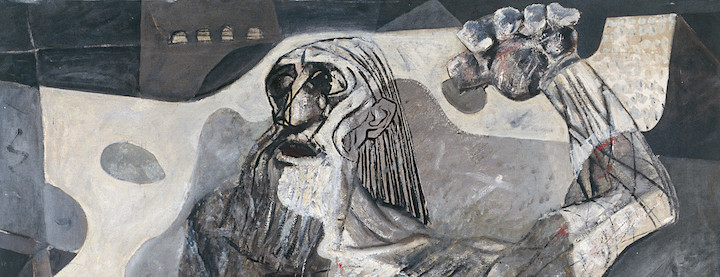I’ve just enrolled in a Graduate Diploma in Theology at Murdoch University. I was able to enrol via an alternative pathway opened by the Wollaston Certificate in Theology, a one year part-time course offered by the Anglican Diocese of Perth.
The Wollaston Certificate allows (if approved by the coordinators) an alternate pathway into enrolment in the Murdoch theology program - a wonderful path into postgrad study if you don’t otherwise meet the prerequisites. By doing eight units, including the four core units, and then putting together your work in a portfolio, you can apply for admission to Murdoch.
As part of that process, I was tasked with writing an essay, and ended up with the topic [Usage of the Book of Job in the Revised Common Lectionary](/theology/Job in the Revised Common Lectionary FINAL.pdf). The general topic was suggested by the Reverend Dr Gregory Seach while we were talking after one of his lectures. Dr Sue Boorer at Murdoch marked my work (and, extremely kindly, gave me feedback on my first draft, as well as pointing me in the direction of commentaries and other resources to look at.)
Delving deeply into the Book of Job has been extremely rewarding. There’s a lot to be found in the book, and the crux of my essay is these questions:
- can the readings set by the Revised Common Lectionary support a serious reading of the book (with or without accompanying sermons)?
- what are the likely interpretations of the Book of Job by a congregation listening to the readings from the lectionary, if they are not addressed in a homily?
- what are the theological impacts of the above?
You can read what I came up with here: Usage of the Book of Job in the Revised Common Lectionary
